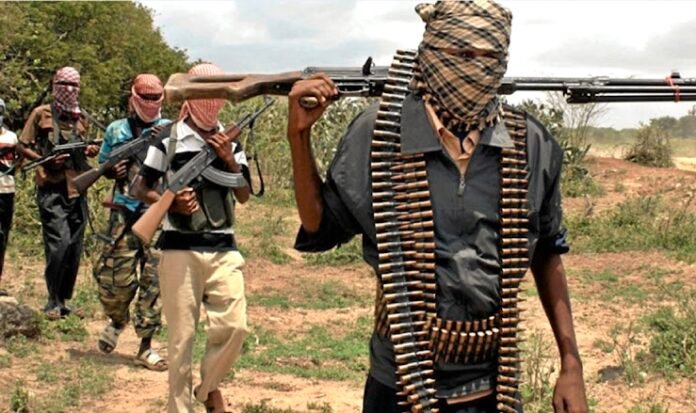The humanitarian crisis in northern Mozambique’s Cabo Delgado province has deepened sharply, with nearly 22,000 people displaced in a single week amid escalating attacks and the near collapse of health services, the UN Refugee Agency (UNHCR) said on Wednesday.
The late September surge marks one of the most intense waves of displacement since the insurgency began in 2017. More than 100,000 people have fled their homes so far in 2025, bringing the total number of displaced to over 1.3 million—many of whom have been uprooted multiple times.
“For the first time, all 17 districts of Cabo Delgado have been directly affected,” said Xavier Créach, UNHCR’s representative in Mozambique. “Families are reaching their limit. Those who once hosted the displaced are now being forced to flee themselves.”
The violence, driven by armed groups locally known as al-Shabaab (unrelated to the Somali organization), has intensified throughout 2025, with more than 500 attacks recorded by August. Civilians have been subjected to killings, abductions, and sexual violence, while children face forced recruitment and women risk assault even during daily chores like fetching water or firewood.
The humanitarian fallout is compounded by the breakdown of health services. According to the World Health Organization, 60% of health facilities in the hardest-hit districts are non-functional due to insecurity, looting, and staff displacement. In Mocímboa da Praia, the province’s only hospital operates with less than 10% of its staff—mostly volunteers trying to sustain emergency and maternity care.
Aid agencies warn that the onset of the rainy season could worsen conditions, with malaria and cholera cases expected to rise. Yet the health sector’s annual response plan is only 11% funded, leaving severe shortages of essential medicines.
UNHCR has received just $66 million of the $352 million it requested for its 2025 operations in Mozambique, underscoring the chronic funding gap.
Now entering its eighth year, the Cabo Delgado conflict remains one of southern Africa’s most complex and underfunded humanitarian crises—worsened by climate shocks, displacement fatigue, and limited international attention. Humanitarian organizations are urging immediate global support to prevent further deterioration.
Source:Africa Publicity








